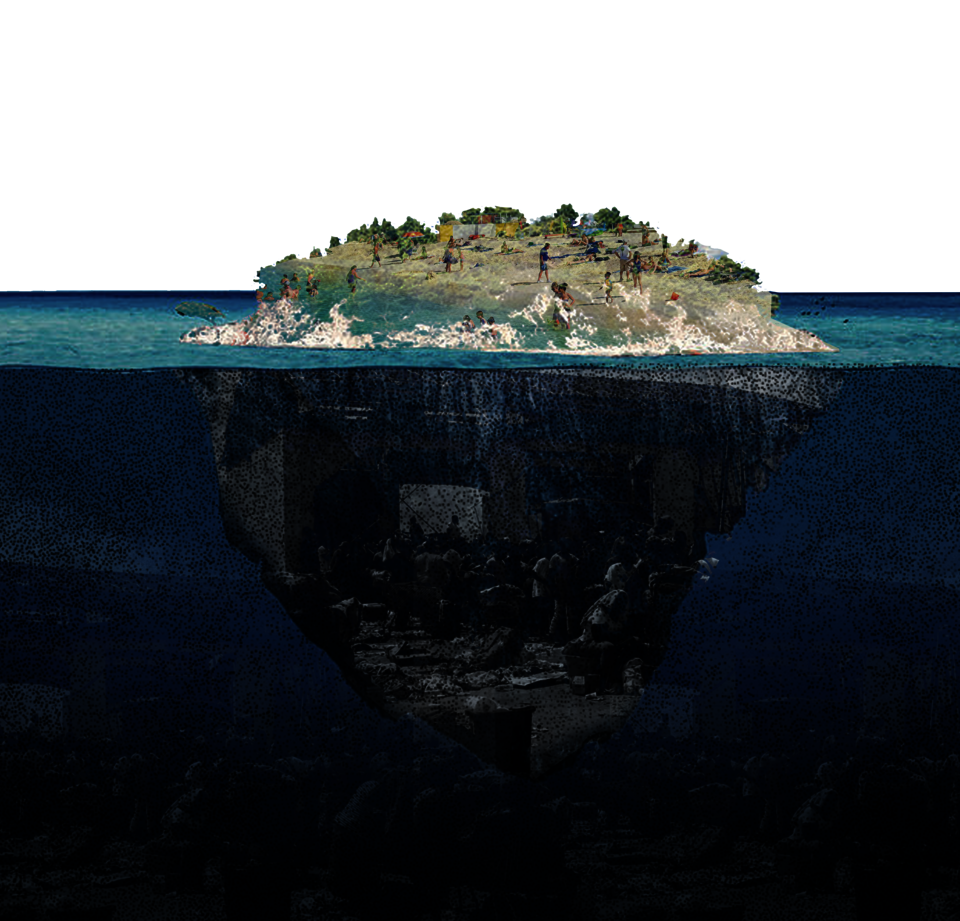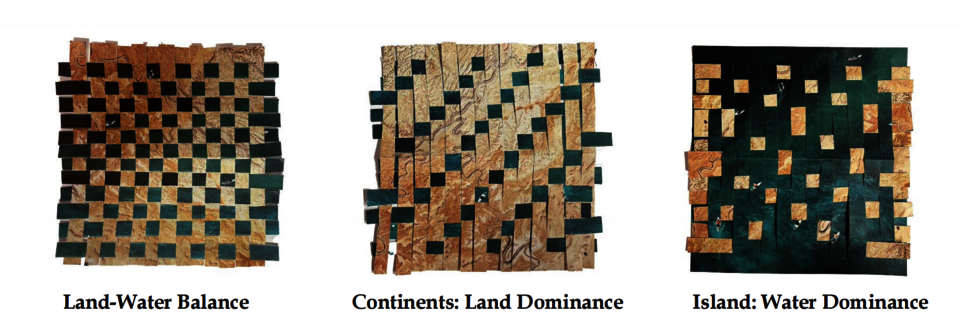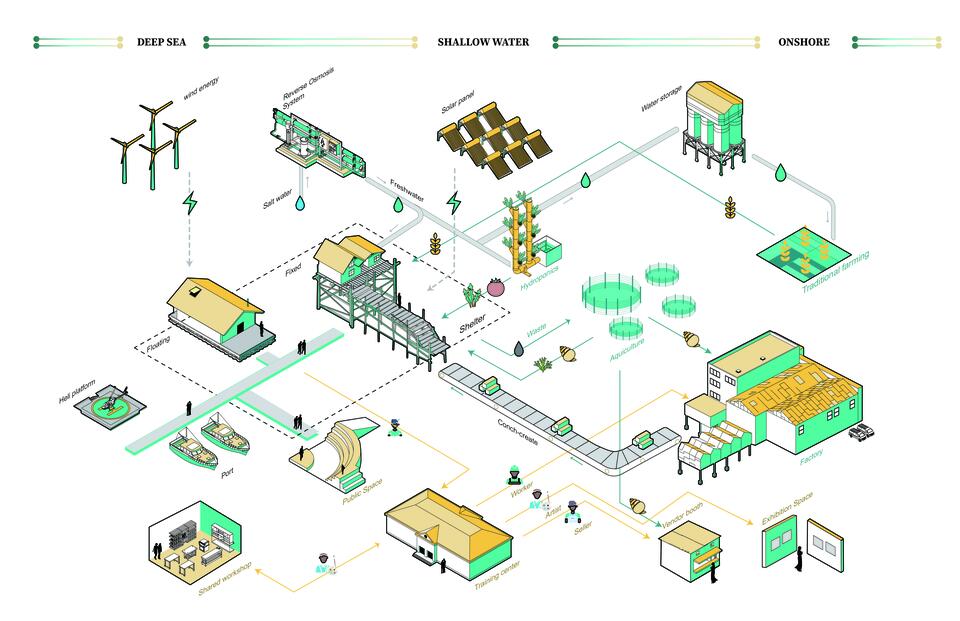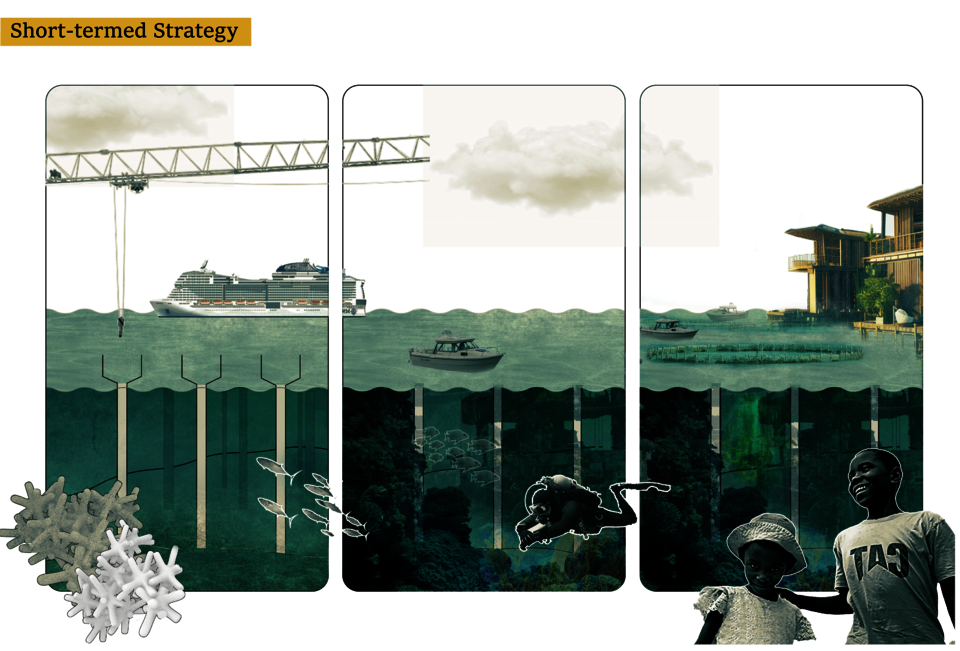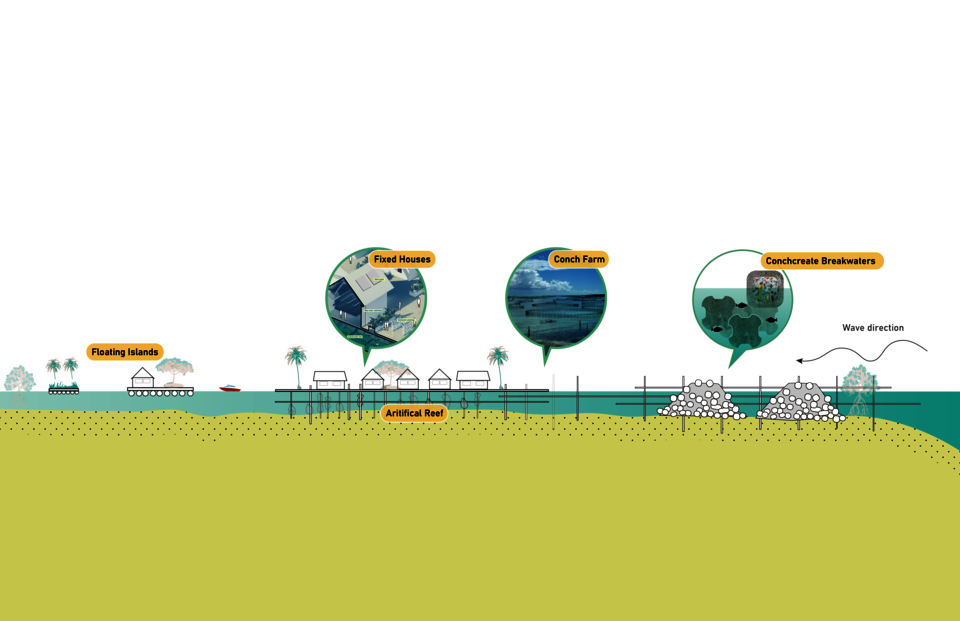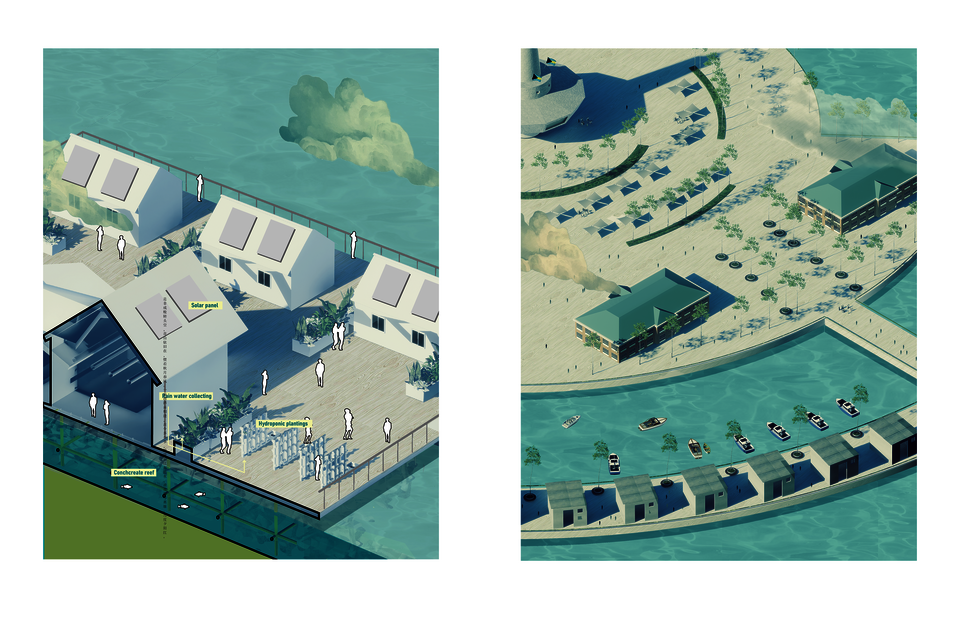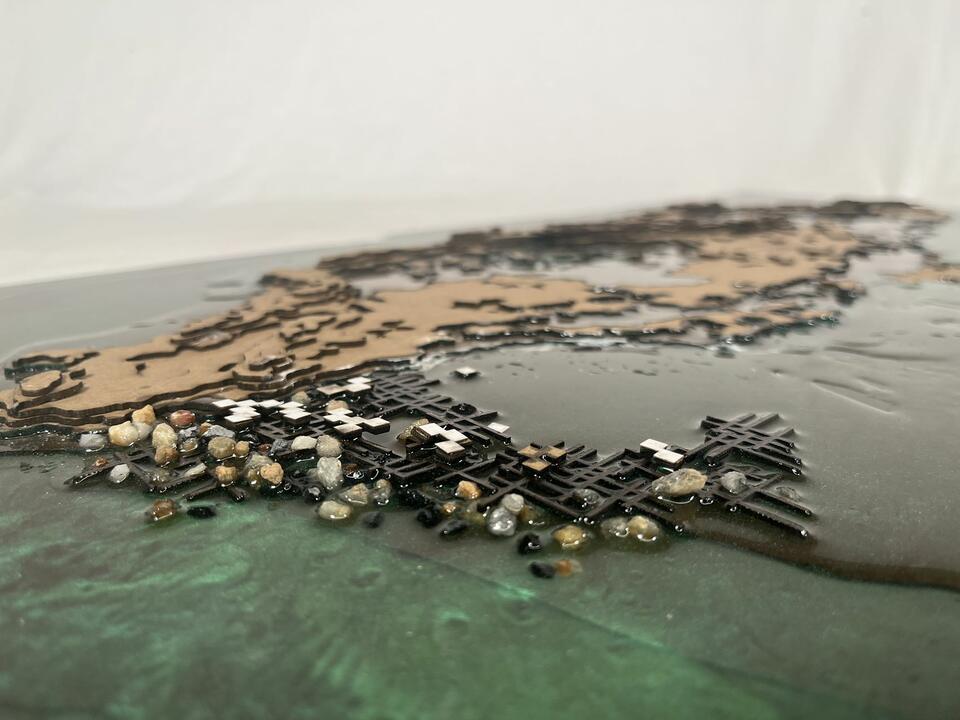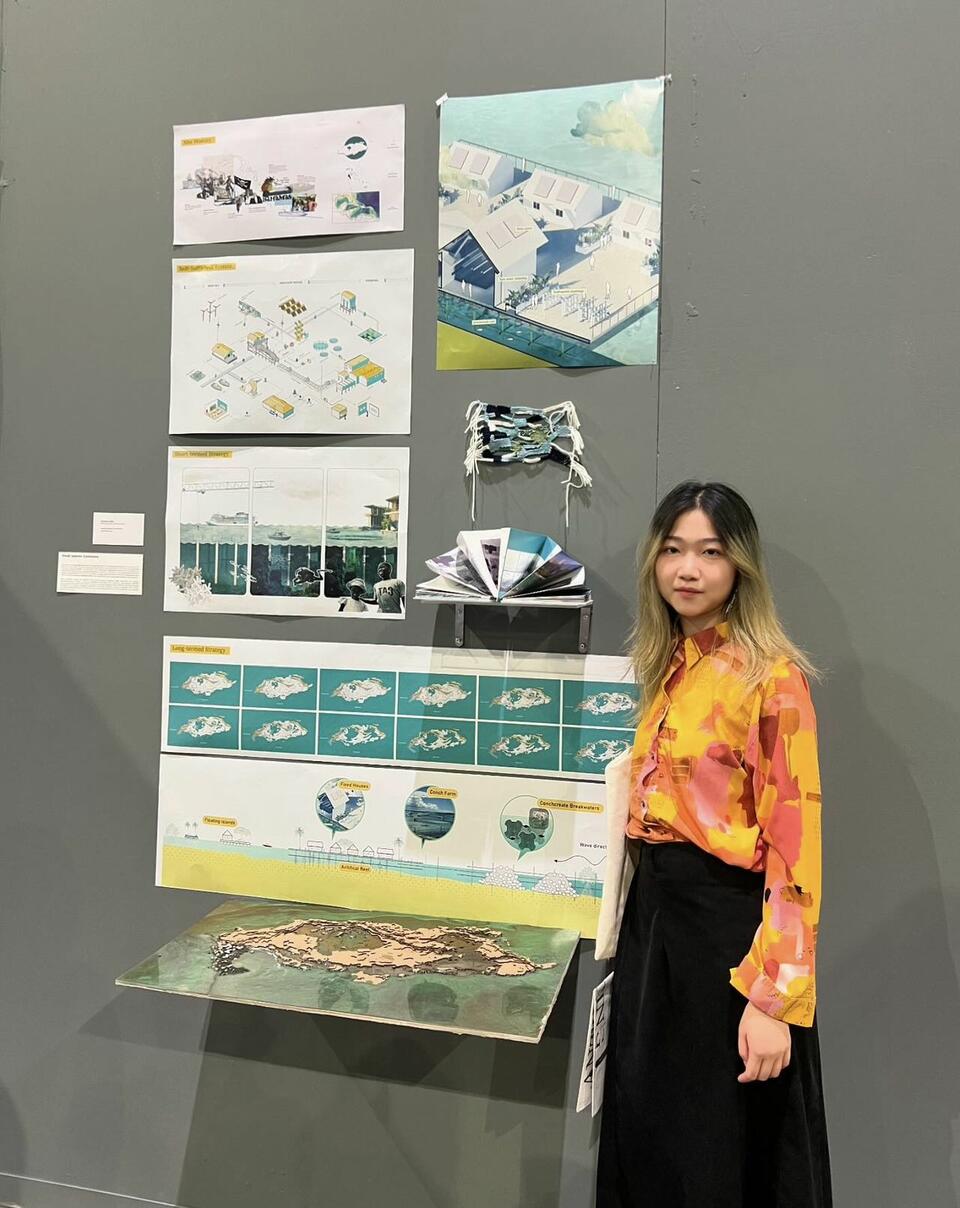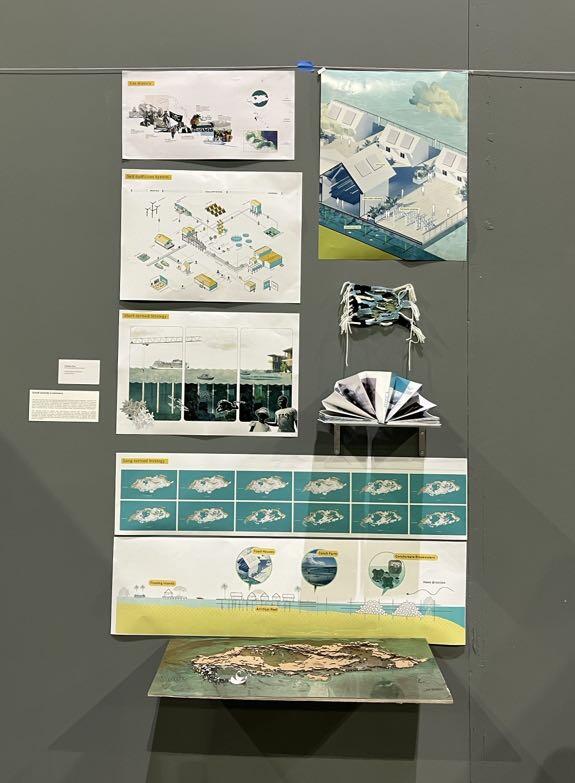Fangzhou Zhao
Small Islands Commons:
Retrieving Territory, Identity and Rights in The Bahamas
The Earth’s surface area comprises 71% ocean and 29% land. This vast disparity has led to the conceptualization of the Earth as a collection of interconnected islands, a perspective that challenges traditional views which often portray islands as isolated, marginal, or primitive. These narratives have been further complicated by the effects of climate change, which positions islands as vulnerable and in need of attention.
This research seeks to explore new socio-cultural contracts with territories to achieve bio-socio-spatial justice. It aims to maintain sustainable and equitable relationships between governments and local communities, focusing on addressing historical inequalities. By examining landscape-based strategies for climate resilience, the study proposes innovative ways to manage and protect territories, emphasizing the social, economic, and cultural needs of local populations over tourism industry demands, strengthening the connection between Bahamians and their territory, and ultimately fostering a sustainable and equitable future.
Images
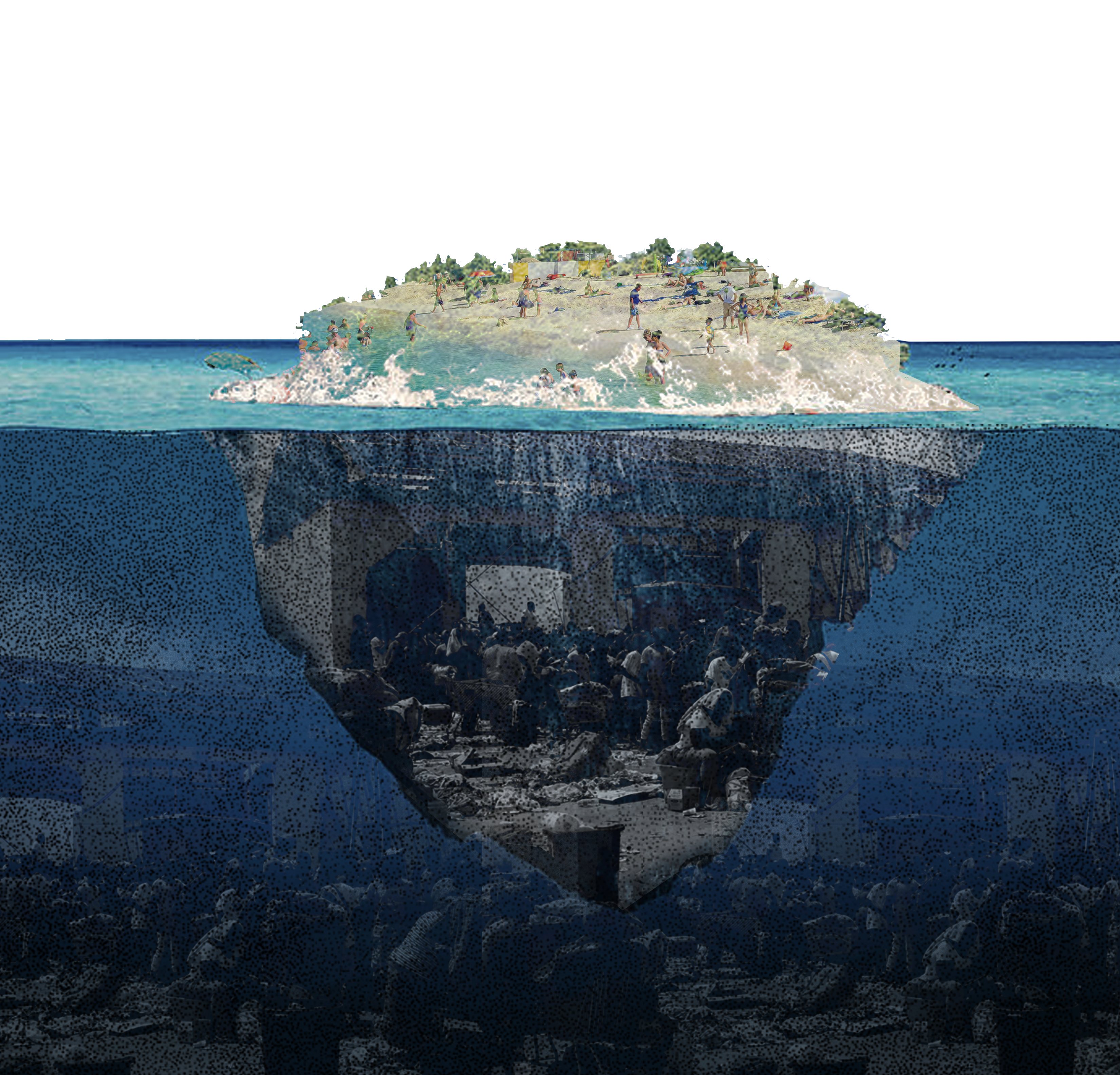
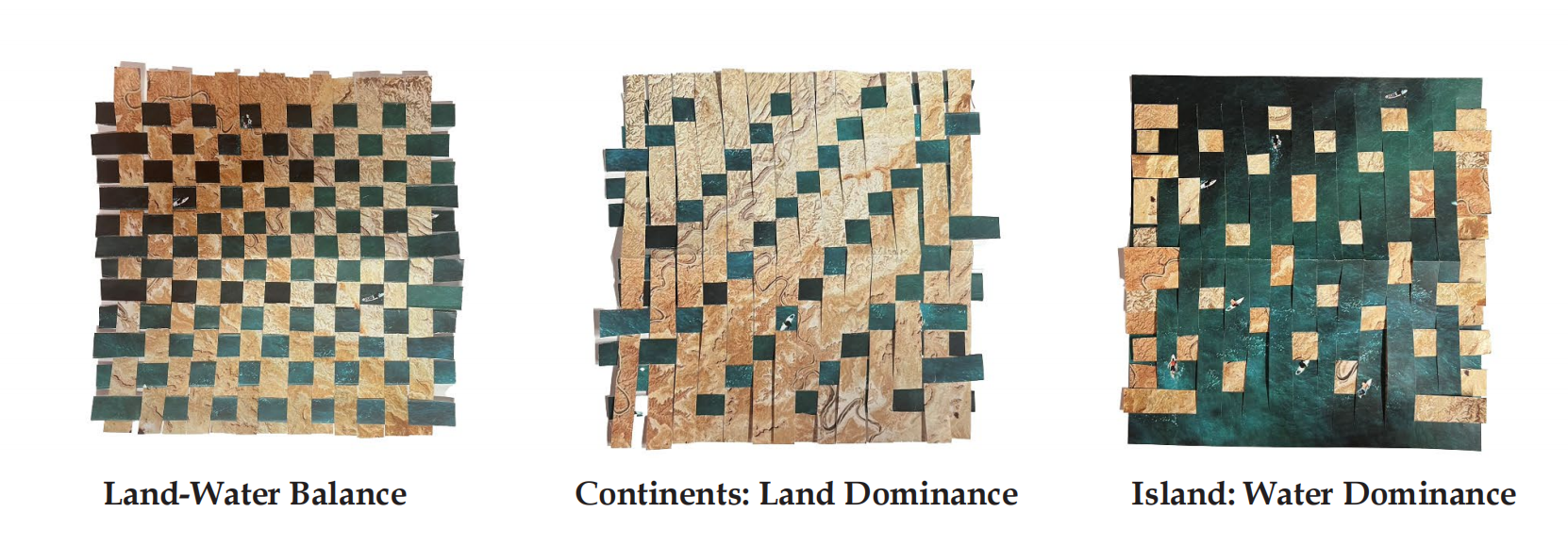
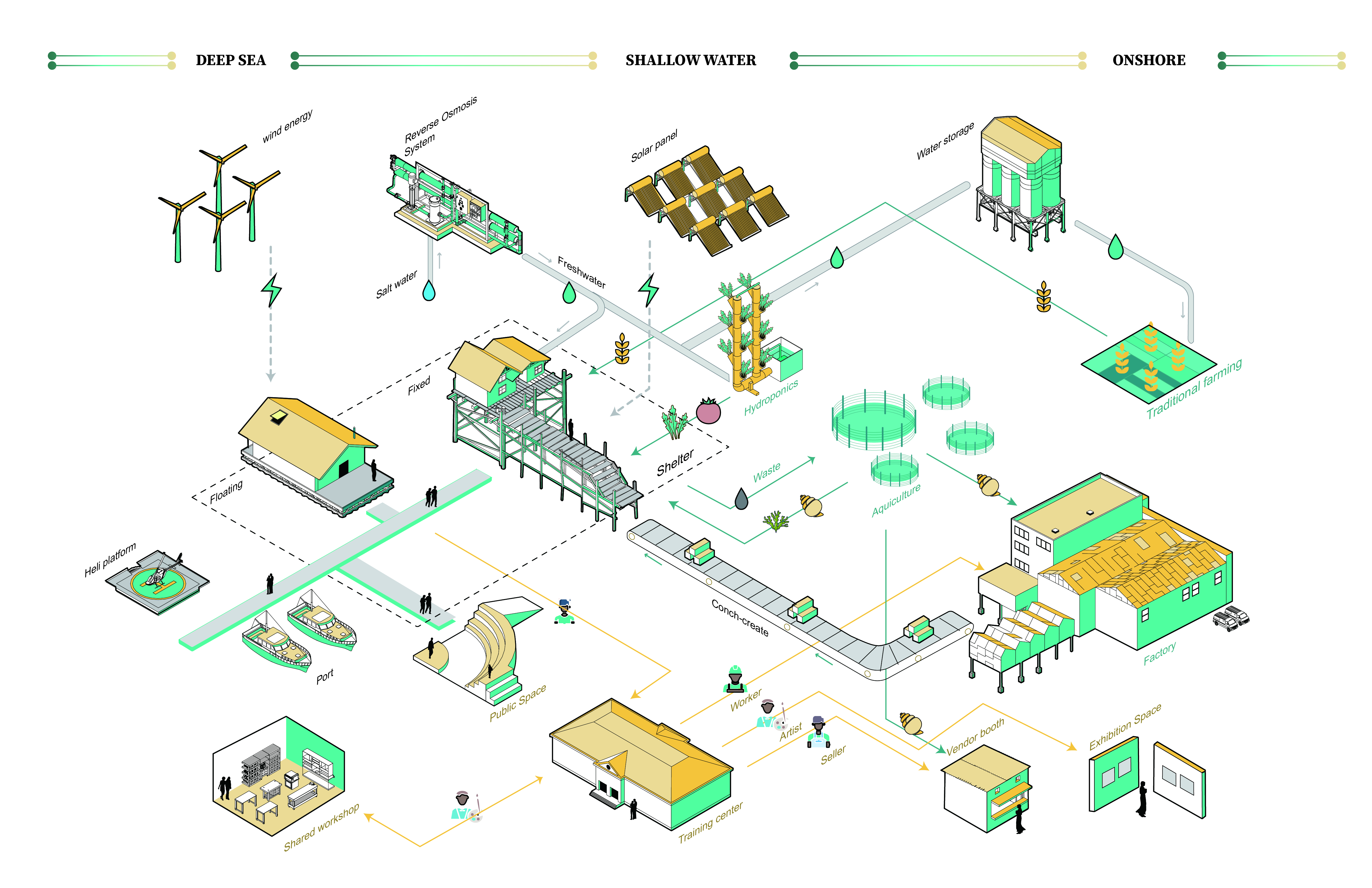
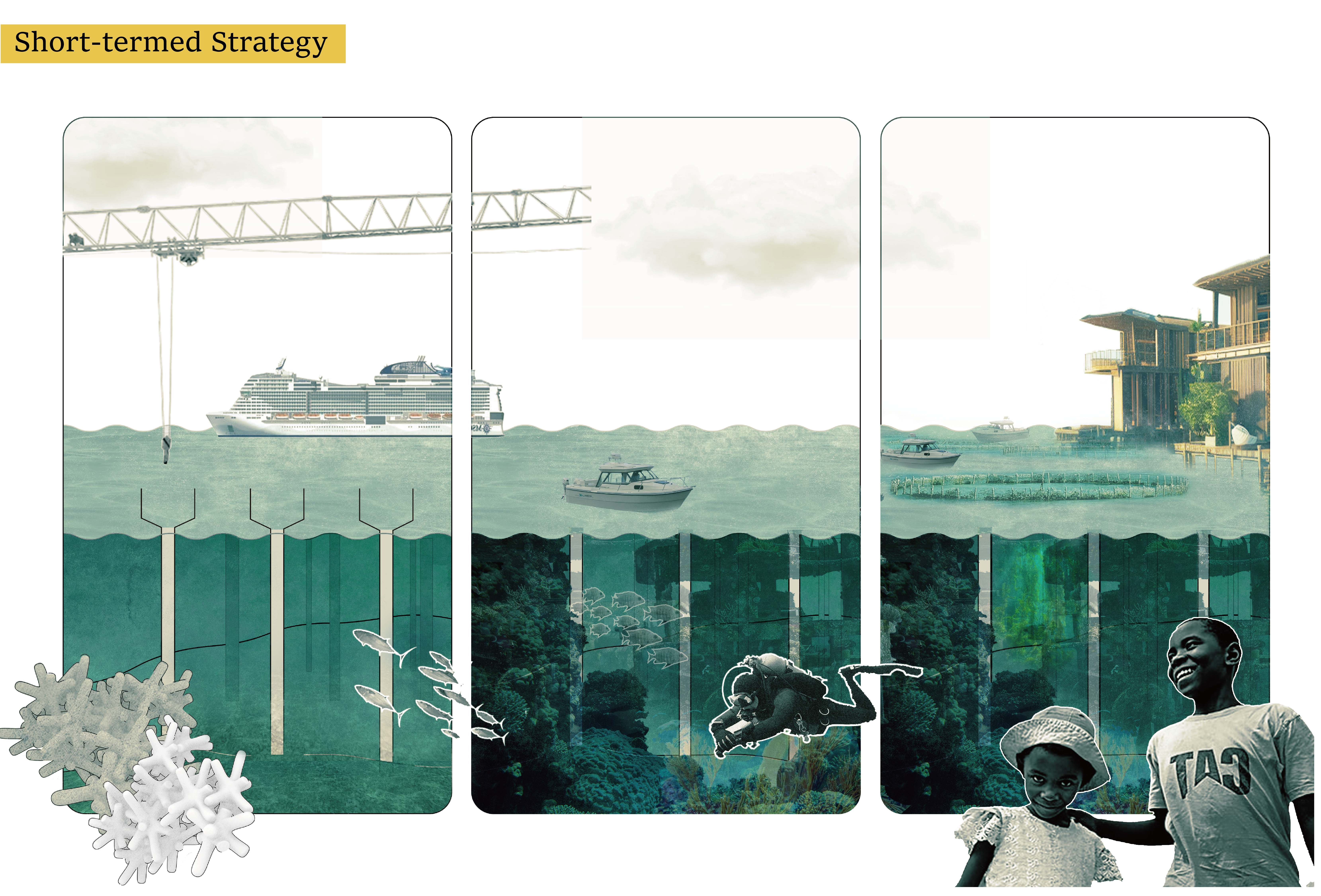

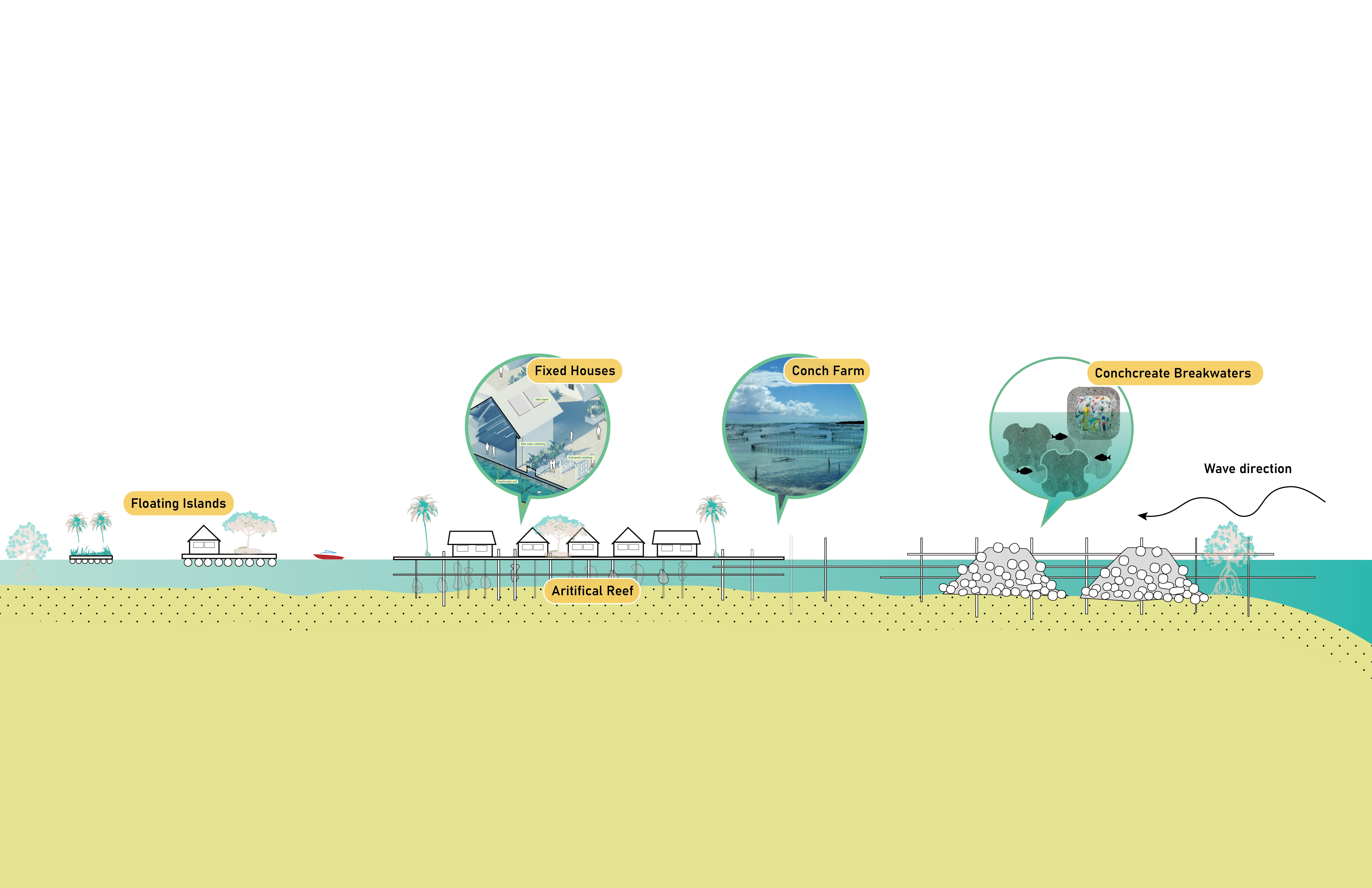
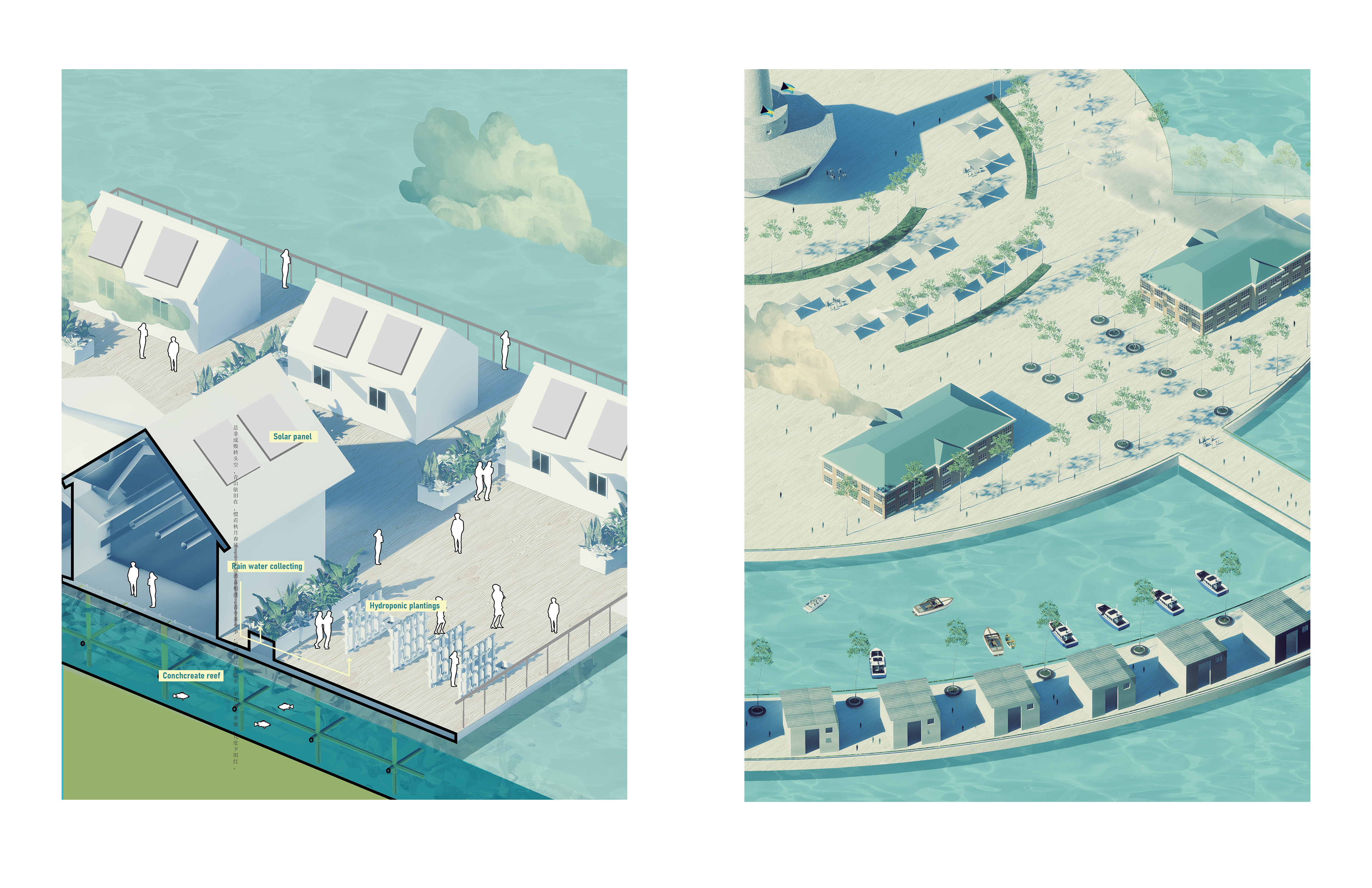
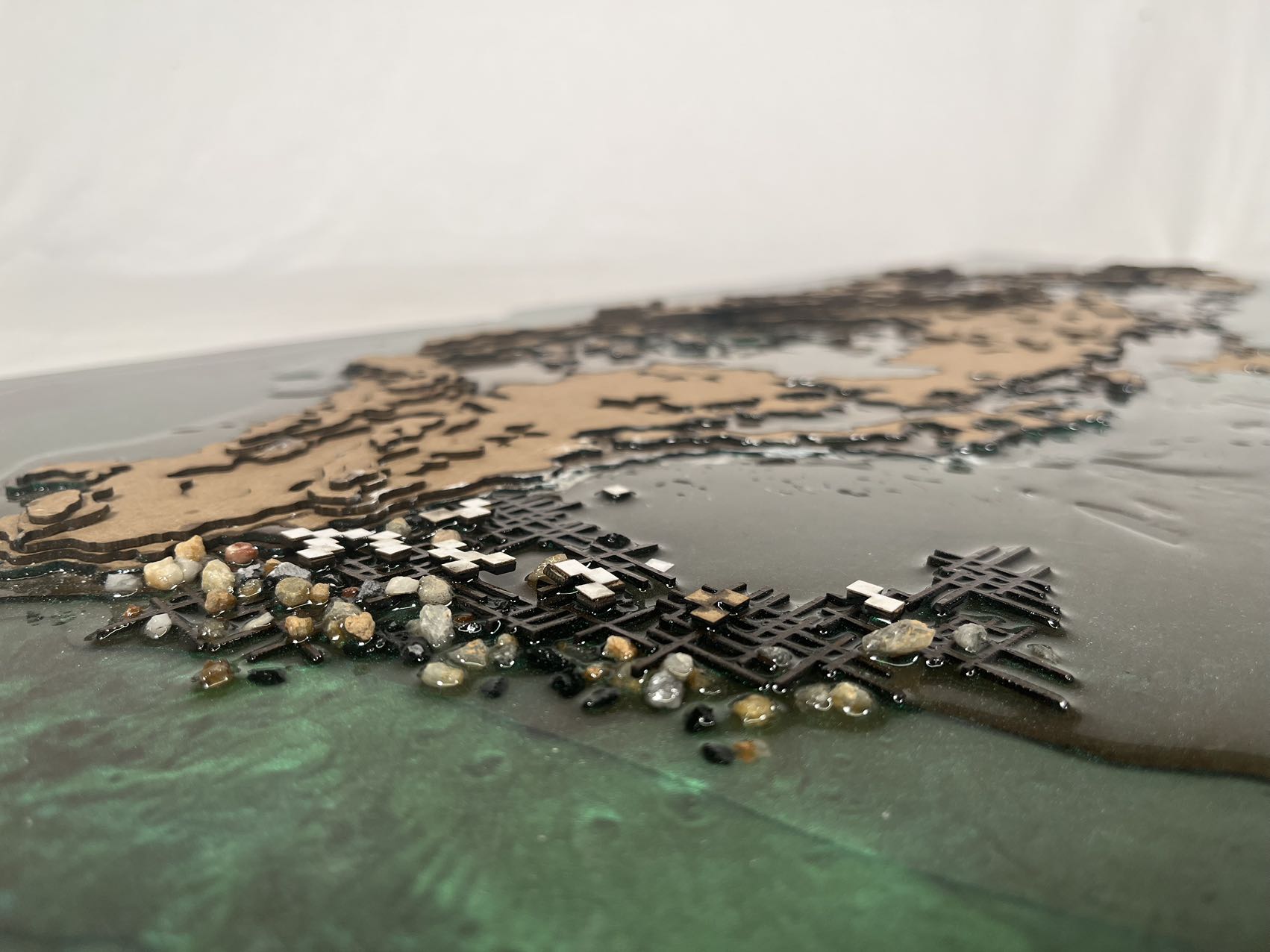
EXHIBITION IMAGES
